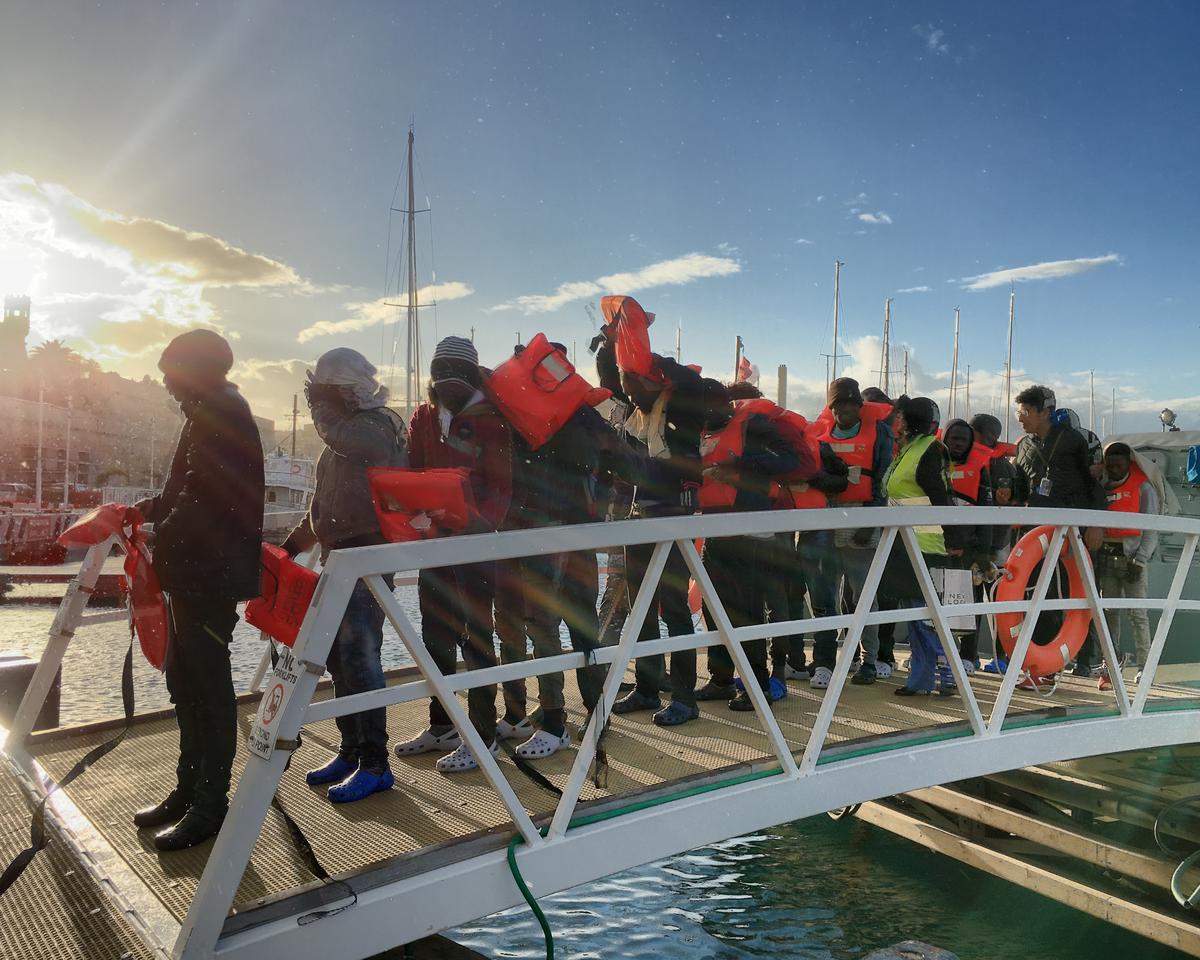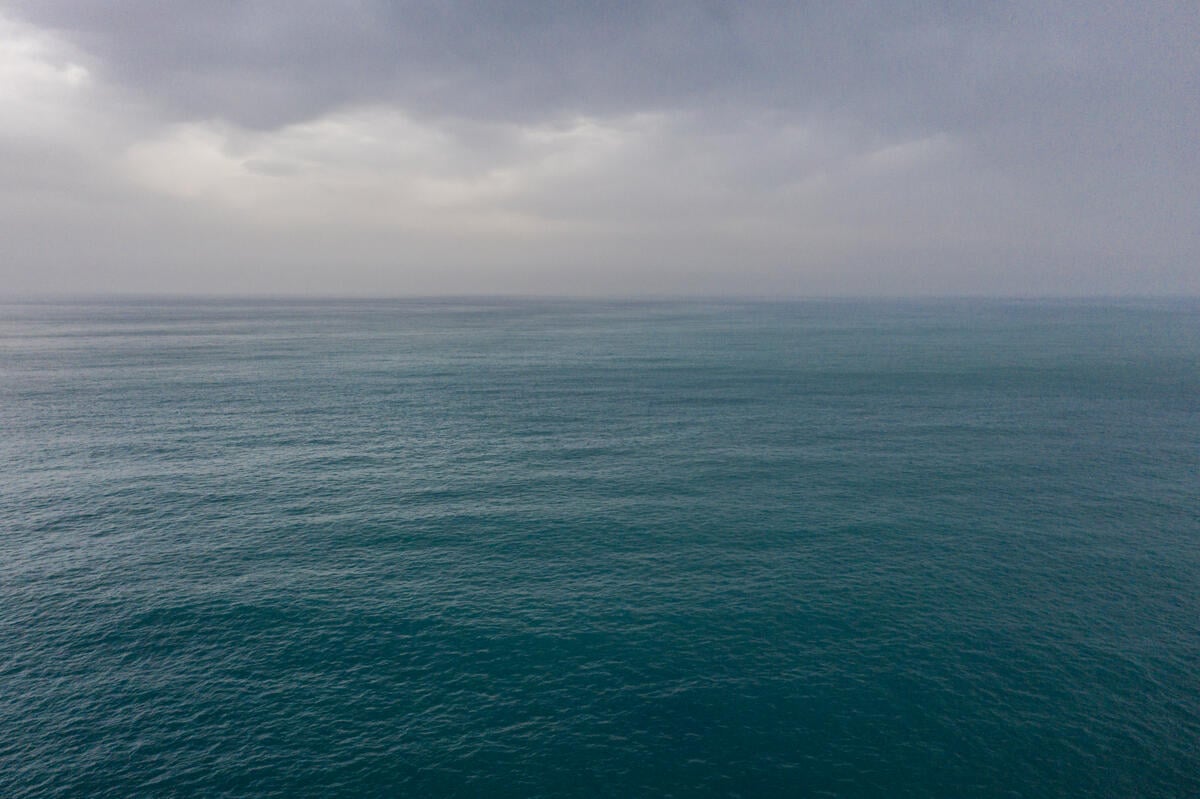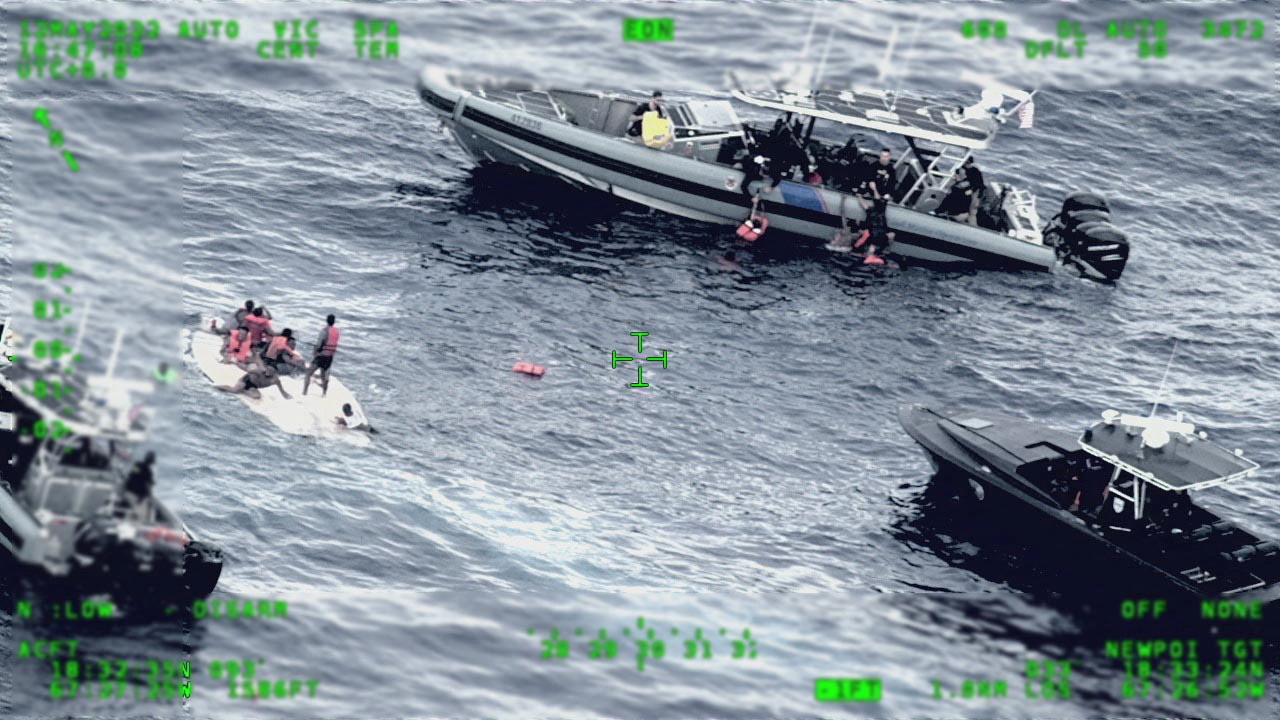Death on the Mediterranean
Death on the Mediterranean

CHOUCHA CAMP, Tunisia, May 13 (UNHCR) - Bayisa* has suffered a lot in his short life, but nothing prepared him and his two friends, Gudissa* and Nagassa,* for the ordeal the three Ethiopian refugees faced, and barely survived, on the high seas between Libya and Italy.
During or after their failed attempt to reach Italy by boat, 63 of the 72 people on board died agonizing deaths while passing vessels and helicopters allegedly failed to stop and rescue the boat people. And Bayisa is now back in North Africa.
The ethnic Oromo, gaunt-faced and extremely thin, spoke with his two friends to UNHCR on Thursday in the Choucha Camp that was set up near Tunisia's border with Libya to provide shelter for tens of thousands of migrant workers and refugees fleeing the civil war that erupted in Libya in mid-February.
Although the Oromo are Ethiopia's largest ethnic group, they have suffered persecution at the hands of successive governments for decades. Bayisa said he fled to Sudan after his village was torched in 2007 by police, who accused his family of shepherds of helping anti-government rebels.
He reached Libya in January 2008 after a long journey and registered with the UNHCR office in Tripoli, to apply for asylum. But he said he was arrested in the streets of the capital and held for three months in a crowded cell because he had no ID.
Like other Africans from the sub-Sahara region, he also suffered from racist taunts and discrimination from Libyans. "When the war started in Libya in February, I got scared and stopped going out to look for a job," he said, adding: "The Libyan children were throwing stones at me in the streets, they were asking me for money and insulting me, telling me I was a black slave."
Bayisa and his two Oromo friends, Gudissa and Nagassa, decided to try and make their way to Europe across the Mediterranean. "A Sudanese neighbour told me that a boat would leave on March 25. He drove me and my two friends to the harbour at night. I paid US$800 to a Libyan smuggler," Bayisa revealed.
Those on board the 12-metre-long vessel included other Ethiopians, Eritreans, Nigerians, Sudanese and Ghanaians. Twenty of them were women and there were two children. They had paid to reach the island of Lampedusa, Italy's most southernmost territory, but they had to crew the boat themselves.
"We passed a big naval vessel, but they would not let us board. We also saw a military helicopter flying above us," said Bayisa, who could not identify which country these came from.
But the passengers were optimistic - until the boat ran out of fuel and started drifting back towards Libya. "A second helicopter flew above and threw biscuits and water at us. Then we passed another warship, but they just took pictures of us and left," Bayisa recalled.
Their ordeal was to last two weeks. The drinking water and food soon ran out and people started eating toothpaste and drinking seawater and even their own urine. "People died every day from dehydration, sunstroke, hunger . . . We kept the bodies for one or two days [before pushing them overboard], hoping to reach a coast and give them a proper burial. But sometimes we did not know if they were really dead or just in a coma," the young Ethiopian said.
"One Ethiopian woman died before her two-year-old baby. The boy was crying all the time, looking for his mother. He died three days later."
Bayisa thought he would die under the baking sun. Others lost their minds and at least four passengers committed suicide by jumping into the sea before the boat reached the Libyan coast near the town of Zlitan, east of Tripoli. There were just 11 of them left, but one woman died on the beach.
The remaining 10 men walked to Zlitan, where they were arrested by the Libyan police. They were taken to a hospital and then to a prison where they were given some water, milk and dates. After two days another survivor died.
Bayisa said they ended up in Tripoli's Twesha jail. "The hygiene was terrible, the lavatories were always blocked. In our weak state, we easily became sick," he said, adding that they only got out because an Ethiopian friend paid police US$900. Bayisa and his two friends took a taxi to the border and they crossed to Ras Adjir in Tunisia before being taken to Choucha on May 6.
The UN refugee agency is now providing the trio with assistance in Tunisia and is looking for a solution for them. "I want to ask for asylum; I cannot return to Ethiopia, I would be killed or arrested there," he stressed. "I just want to live in a country in peace, it does not matter where, but in peace"
* Names changed for protection reasons
By Hélène Caux in Choucha Camp, Tunisia







